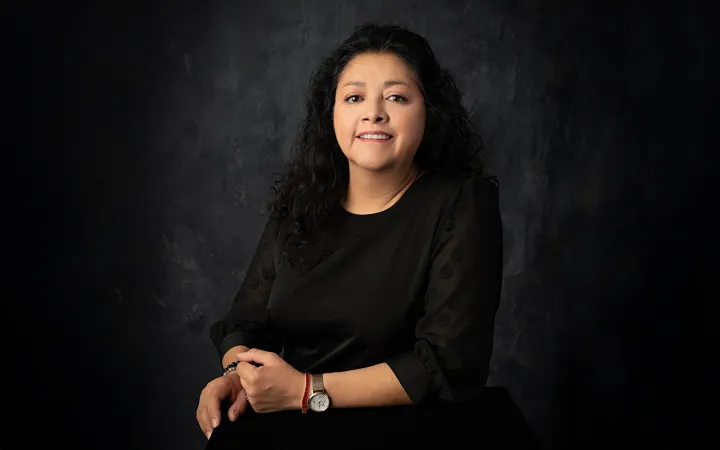Por Leticia Bonifaz
La semana pasada, la Suprema Corte de Justicia de la Nación desestimó acciones de inconstitucionalidad promovidas por tres partidos políticos de oposición. Faltó un voto para que se echara para atrás una reforma que se presenta como una gran solución a los problemas que tenemos en la administración de justicia, pero que, desafortunadamente, estamos lejos de conseguir.
La elección que viene será costosa, y me atrevo a anticipar que tendrá poca participación ciudadana. Si todos los llamados de las juezas y jueces a apoyar su movimiento para evitar su destitución tuvieron poco eco, ¿por qué de pronto habría un interés en la población por elegir a un juez?
Las y los jueces llegaron a su movimiento estigmatizados: todos y todas son corruptos y privilegiados. El voto popular los va a purificar. Además, se les reducirán sus salarios. Un grupo importante de juzgadores de carrera que se formaron e hicieron exámenes para estar en el puesto va a ser sustituido por otro grupo que el pueblo elegirá después de que varios comités seleccionen a los candidatos. ¿Qué podría salir mal?
Ha habido advertencias de algunas y algunos consejeros del INE sobre lo complicada que será la organización de la elección. El Poder Judicial se divide en distritos y circuitos y hay muchas especializaciones. En el imaginario popular, el Poder Judicial es el sistema penal, pero no, es muchísimo más amplio. Se elegirán jueces de Distrito y magistrados de circuito en materias civil, mercantil, laboral, administrativa, etcétera, además de los ministros y magistrados del Tribunal Electoral.
Los requisitos para los nuevos jueces o magistrados son mínimos, porque también se partió de la falsa premisa de que ese oficio es fácil; cualquier abogado puede llegar a ser juez. Lo de las cartas de recomendación de vecinos, que motivaron las risas en Harvard, es parte de los requisitos.
La elección será compleja por el solo número de personas juzgadoras que van a elección. ¿De qué universo estamos hablando? Ya se hizo el ejercicio y el número de boletas que se va a requerir y la lista de nombres que vendrán en ellas provocarían que una persona pudiera tardar en votar hasta tres horas. Tal vez se resuelva con un tín Marín, porque va a ser casi imposible que la gente conozca a los casi 1,600 candidatos. Como se decía en el proyecto del ministro González Alcántara, si se repartiera el tiempo de radio y televisión que tiene el INE solo para la campaña de elección judicial, a cada candidato le tocaría 2.5 segundos diarios, tiempo que tal vez alcanzaría para pronunciar su nombre, si el nombre no es muy largo, claro está.
A pesar de todas las dificultades y pronósticos, la elección sigue en marcha, pero eso no será lo peor; lo peor será con qué sistema de administración de justicia vamos a quedarnos. En la Corte vendrá un gran retroceso en cuanto a la calidad de las resoluciones, más si se acotaron con la reforma los alcances del amparo y se reformuló la importancia de las normas y principios derivados de los tratados internacionales. Los principios del artículo primero en materia de derechos humanos se irán volviendo letra muerta a partir de la mal entendida “supremacía constitucional”. Hay que recordar que, para evitar que se invalidara parte de la primera reforma, se hizo una segunda que dejará a los nuevos jueces constitucionales casi totalmente amarrados de manos.
Vienen malos tiempos para la administración de justicia. Más allá de los derechos laborales de jueces y magistrados y de las carreras judiciales truncadas, la afectación a la ciudadanía que busca justicia será enorme, pero aún no se percibe.
Mientras tanto, personas que, como yo, han elegido la formación de abogados en el aula, seguiremos pacientes nuestra tarea para que haya gente que esté lista para el proceso de reconstrucción del edificio demolido. ¿Cuánto tardará? No es posible saberlo, pero serán muchos años. Nos armaremos de paciencia para recomenzar la tarea.

Las opiniones expresadas son responsabilidad de sus autoras y son absolutamente independientes a la postura y línea editorial de Opinión 51.






Comments ()